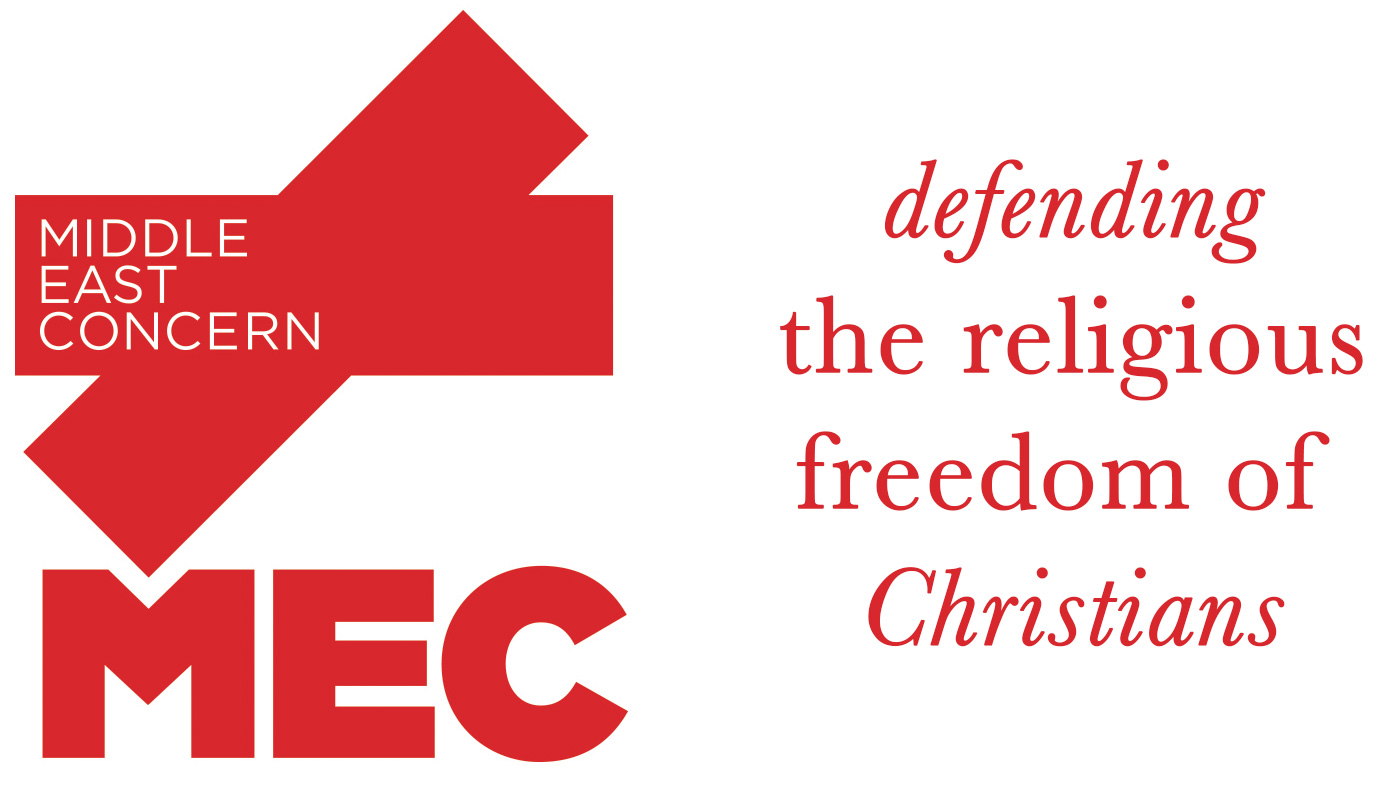
Israel’s population of nearly 10 million is approximately 74 per cent Jewish, 18 per cent Muslim, two per cent Christian and 1.6 per cent Druze. Within the majority Jewish population there is a growing community of Messianic Jews (Jews who recognise Yeshua [Jesus] as the Messiah), estimated to number approximately 15,000[1]. Ten Christian churches are formally recognized for the self-regulation of personal status issues: the Armenian Apostolic Church, the Armenian Catholic Church, the Chaldean Catholic Church, the Episcopal Church in Jerusalem and the Middle East, the Eastern (Greek) Orthodox Church, the Latin-rite Catholic Church, the Melkite Greek Catholic Church, the Syriac Catholic Church, the Maronite Church and the Syriac Orthodox Church. Non-recognised churches may operate but cannot establish personal status courts.The Ethiopian Orthodox, Coptic Orthodox and Lutheran churches, together with the Convention of Evangelical Churches in Israel, have outstanding applications for full recognition.
Israel ratified the International Covenant on Civil and Political Rights (ICCPR) on 3 October 1991. The ICCPR upholds the right to freedom of religion, including the right to hold a religion of one’s choice and the right to manifest that religion (Article 18). It also upholds the rights of minorities and the principle of non-discrimination. In ratifying the ICCPR, Israel reserved the right to apply religious laws for personal status matters. Israel has come under severe criticism from the UN and large segments of the international community as it is accused of failing to uphold human rights in Gaza in the military campaign after the atrocity of the October 7, 2023 attack by Hamas.
Messianic Jews have at times faced discrimination when applying for residency or citizenship, and experienced social prejudice and harassment. A 1989 Supreme Court ruling determined that Messianic Jews are ineligible for automatic citizenship as their beliefs mean they are Christian and no longer Jewish. Several Messianic congregations have faced legal battles with local authorities over zoning restrictions applied to their meeting place. Messianic Jews seeking to enter Israel under the Law of Return (Aliyah) often claim they have faced obstruction or discrimination if their beliefs have become known to the authorities and their Jewish identity called into question. However, they are able to overcome these objections if they return as a close relative of a recognised Jew. Within Arab Muslim communities, there is strong family and societal pressure against those who choose to leave Islam. In extreme cases those who leave Islam can face violent responses from family members. Recognised Christian communities face societal pressure, often at the hands of ultra-Orthodox groups or radical Israeli settlers who have perpetrated campaigns of vandalism against church buildings and harassment of clergy, by cursing and spitting on them. There are several property disputes in the Old City of Jerusalem where Jewish contractors have sought to gain control over assets belonging to the Christian communities and alter the status quo.
[1] https://www.caspari.com/2022/02/07/the-caspari-center-survey-released-the-israeli-messianic-movement-has-more-than-tripled-in-the-last-20-years/
